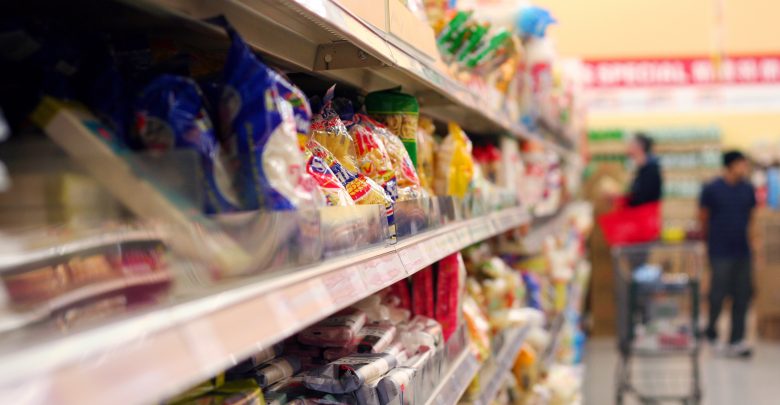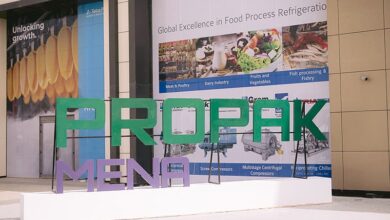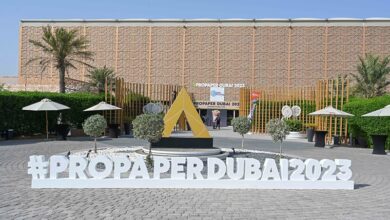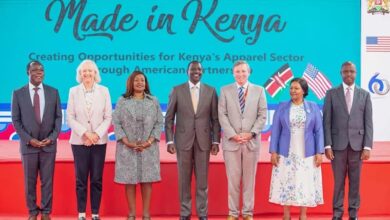Halal Leads Ethical Labelling Prospects Globally
Written by Emil Fazira, Euromonitor International

With a $55 billion market in 2017, the halal packaged food and drinks global industry is set for more gains in the next five years, with 5% value CAGR predicted.
This makes it the most optimistic type of ethical labelling for packaged food and drinks, outpacing other well-known types like recycling, charity, “no added sugar” and “no artificial” claims. Growth is driven by the UAE and Indonesia although Asia Pacific remains the largest contributor with USD50 billion in 2017.
This is due to the cultural and religious mix across Asia Pacific, and the presence of strong accreditation bodies, making the region’s halal segment a relatively stable and lucrative market. It is interesting to note that China is among the highest-ranked in value sales despite having a Muslim minority population.
Strong regulators from the likes of Malaysia, Singapore and Indonesia are key in setting a high standard for other markets to follow. Across Asia Pacific, governments and religious bodies are working together to improve the domestic state of halal regulation, with visible efforts seen in Thailand, the Philippines, etc.
Despite demands in the market for a unified global standard to ease manufacturers’ challenges in getting certified, the emergence of one is unlikely in the foreseeable future. Hence, guidelines will likely remain separate and vary across markets. Due to various reasons such as financial capability, uncertainty, and lack of awareness, other claims of halal compliance are gaining popularity to claim a slice of the growing demand for halal.
Muslim-owned businesses which leverage on consumer trust and shared values between business-owner and consumers are common. Hence, Muslim-owned businesses represent potential white spaces for halal-certified ingredients manufacturers to tap on. On the other hand, Muslim-owned businesses for packaged products may not be able to project these values visibly to consumers and gain their trust, in which case certification provides more assurance.
There are also businesses which choose to claim the exclusion of prohibited ingredients in Islamic law, which relies on the knowledge of consumers to exercise their own discretion when purchasing. In addition, false logos and unaccredited logos add to the confusion, with illegal syndicates found in less regulated regions or self-designed logos added to product packaging to ride on the trend.




